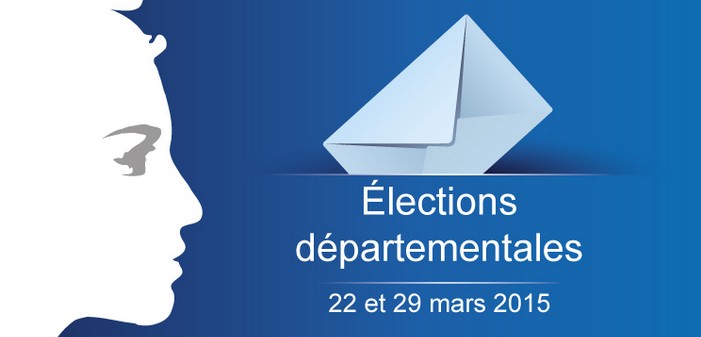Concerned with achieving a “grand slam” – albeit uncertain – on the occasion of the departmental elections, the strategic choices of the mayor of Nice raise questions.
By favoring alliances with the Center and even with the Modern Left, Christian Estrosi seems to have chosen a model contrary to his voters, confining “right-winging” to well-rehearsed speeches rather than actions on the electoral ground.
The dynamic, both nationally and locally, is entirely the opposite: the National Front continues to advance while center parties are reduced to playing a very marginal role.
The 30% at the last European elections, and especially the more than 40% during the last cantonal elections in 2011 for many National Front candidates qualifying for the second round, tend to demonstrate a growing voter fatigue with the concept of the Republican Front, and an expectation for a firm stance.
Verbose on the security announcement front, (special brigades, banning foreign flags during the World Cup, various decrees…) the one who announced wanting to “subdue the Roma” in 2013 cultivates here a paradox.
One of them recently provoked dismay among local political leaders, particularly in the right-wing opposition to the mayor of Nice: how to understand the alliance between former communist and mayor of Carros Charles Scibetta and Dominique Estrosi-Sassone in a canton affected by an explosion of insecurity figures in 20141? How to note a steady rise in scores and voting intentions for the FN while soliciting the candidacy of UDI executives, themselves calling to block Marine Le Pen’s cartel?
This paradox is even found within the municipal council itself. As a tightrope walker, Christian Estrosi alternates several guises: Mr. Security in front of the socialist opposition group, then Mr. Solidarity in front of the FN and ENI councilors.
Recalling his actions in terms of video surveillance, then immediately giving the floor to his Deputy for Housing to defend the results of his City Policy. Denouncing Christiane Taubira’s policy, then taking offense that his opposition raises concerns about the allocation of certain subsidies.
It is difficult to interpret these choices other than in terms of political balance: stifling the ambitions of some UMP executives in his own majority, giving assurances to center-right and center-left candidates, integrating a few left-wing egos uncomfortable with the government’s policy. Ultimately resulting in a niçoise salad of strong egos and contradictory political lines, making it hard to define a common foundation.
The electoral recipe à la Estrosi seems to work so far. Often groping, sometimes countercurrent, and regardless of compromises. Announced as catastrophic for the PS and UMP on a national scale, will the upcoming elections confirm the growing rejection of traditional schemes, to the detriment of the choices of the mayor of Nice?
by Simèque


